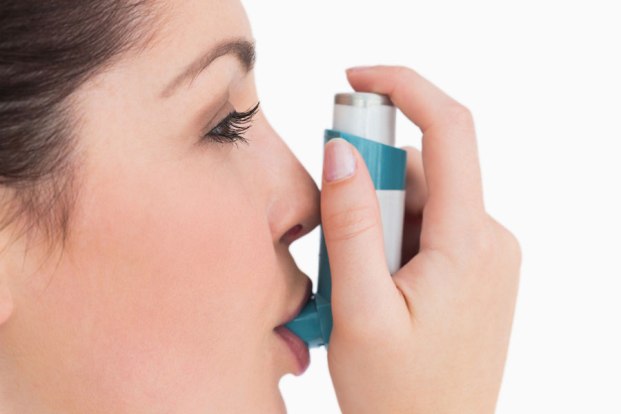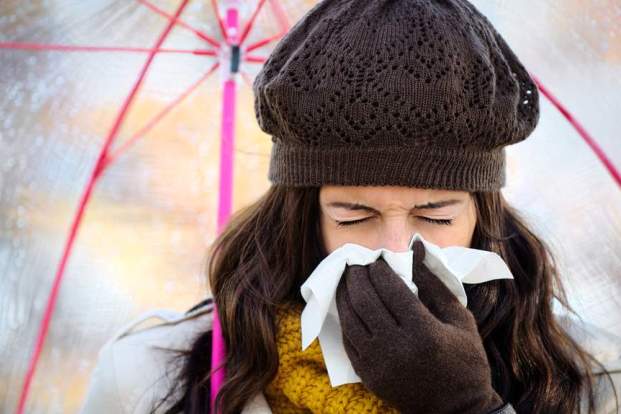Categories
- Bariatric Surgery (11)
- Black Fungus (5)
- Bone Marrow transplant (3)
- Brain Tumor Surgery Navigation Technology (20)
- Cardiac Surgery (66)
- Cardiology (97)
- Computer navigation technology for joint replacements (20)
- Covid Vaccination (17)
- Critical Care (2)
- Dental (19)
- Dermatology (31)
- Dialysis Support Group - “UTSAAH” (11)
- Dietitian (33)
- Emergency Medicine (4)
- Emotional Health (11)
- Endocrinology (33)
- ENT (20)
- Gastroenterology and GI Surgery (53)
- General and Laparoscopic Surgery (21)
- General Surgery (4)
- Gynecology & Obstetrics (183)
- Hematology (20)
- Internal Medicine (294)
- Kidney Transplant (50)
- Kidney Transplantation (20)
- Lung Cancer (8)
- Minimal Invasive Surgery (1)
- Mother & Child (20)
- mucormycosis (5)
- Nephrology (61)
- Neurology (147)
- Neurosurgery (68)
- Nutrition and Dietetics (107)
- Omicron Variant (1)
- Oncology (288)
- Ophthalmology (10)
- Orthopaedics & Joint Replacement (86)
- Paediatrics (59)
- Pediatric Nephrology (3)
- Physiotherapy (5)
- Plastic & Reconstructive Surgery (6)
- Psychiatry and Psychology (90)
- Psychologist (28)
- Pulmonology (72)
- Rheumatology (13)
- Spine Services (21)
- Transradial Angioplasty (16)
- Urology (84)
Query Form
Posted on Apr 19, 2022
Common Asthma Triggers and How to Avoid Them
If you have asthma, asthma attack can happen every time when you are exposed to “asthma triggers.” Your triggers can be very different from those of someone else with asthma. Know your triggers and learn how to ignore them. Focus on for an attack when you can’t avoid the triggers. Few of the most common triggers are:

Tobacco Smoke
Tobacco smoke is unhealthy for everyone who is suffering with asthma. If you have asthma and you smoke, quit smoking.Passive smoking is also dangerous for asthma patients.
Dust Mites
Dust mites are tiny bugs that are found inalmost every home. Dust mites can trigger an asthma attack. To prevent attacks use mattress covers and pillowcase covers to make a barrier linked dust mites and yourself.
Outdoor Air Pollution
External air pollution can trigger an asthma attack. The pollution can come from factories, cars, and other sources. Focus to air quality forecasts on radio, television, and the Internet focus your newspaper to plan your activities for when air pollution levels will be low. It is the common factor for asthma triggers in urban pollution.
Cockroach Allergen
Cockroaches and their droppings can trigger an asthma attack. Get rid of cockroaches in your home by removing as much water and food sources as you can.
Pets
Furry pets can trigger an asthma attack. If you find a furry pet may be causing attacks, you may want to find the pet another home.
Mold
Breathing in mold can trigger an asthma attack. Get rid of mold in your home to help control your attacks.
Smoke From Burning Wood or Grass
Smoke from burning wood or other plants is made up of a mix of harmful gases and few particles.
Other Triggers
Infections related to influenza (flu), colds, and respiratory syncytial virus (RSV) can trigger an asthma attack. Sinus infections, allergies, breathing in some chemicals, and acid reflux can also trigger attacks.



